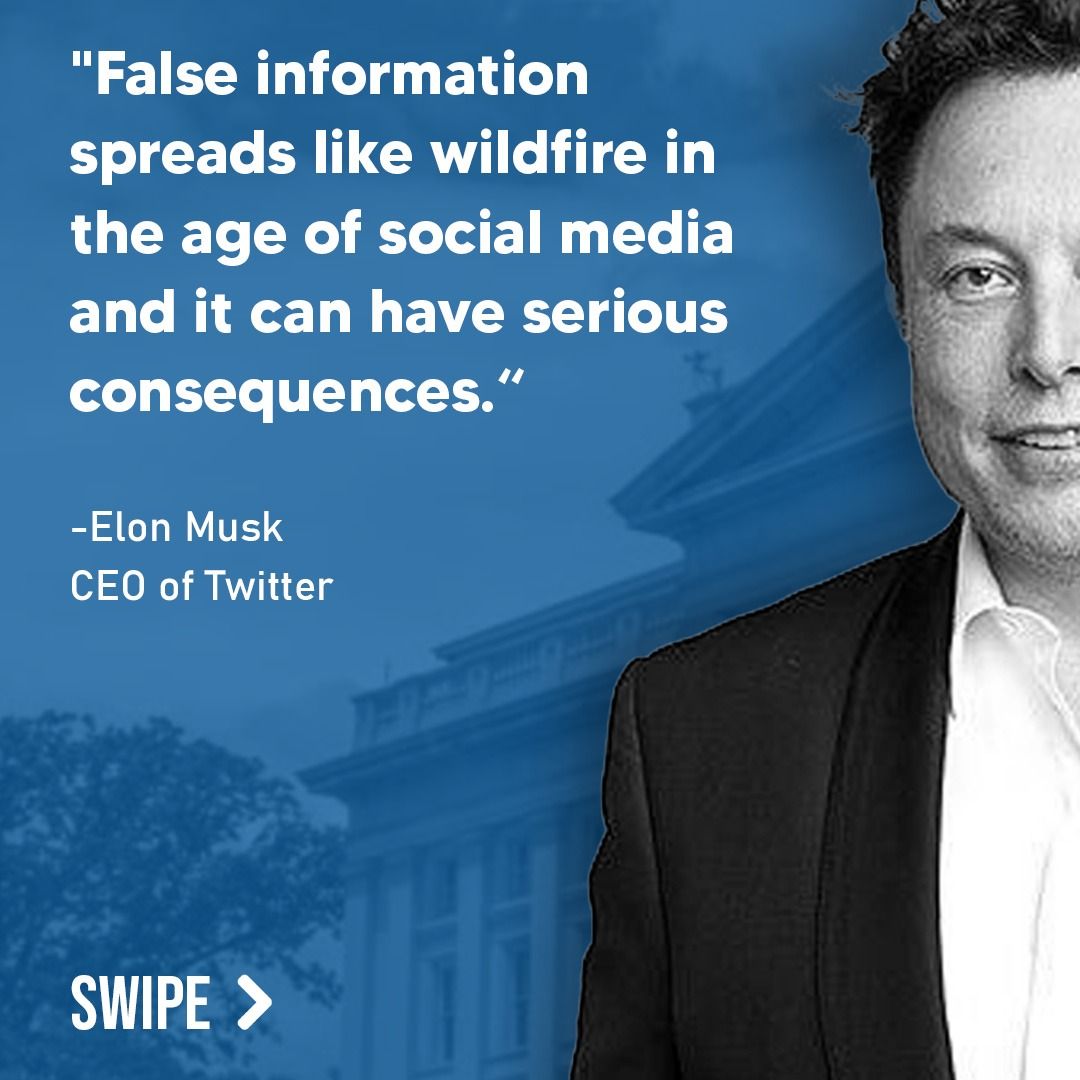
Introduction
The article under review attracted attention because it discusses escalating tensions between Russia and Ukraine after the death of a Russian general. Readers were particularly concerned about a reference to “Banking” or “Secondary Sanctions” mentioned by former U.S. President Trump, seeking clarity on what these potential sanctions would entail. This fact-check breaks down several key claims made in the article and provides much-needed context to complex international relations.
Historical Context
Since Russia’s full-scale invasion of Ukraine in February 2022, international sanctions have been a primary tool used by Western nations to penalize and deter Russian aggression. Banking sanctions typically aim to cut off Russian financial institutions from global markets, while secondary sanctions target non-Russian entities who continue to do business with sanctioned Russian companies. These measures are key parts of ongoing diplomatic and economic strategies to pressure Russia to withdraw from Ukraine.

Fact-Check of Specific Claims
Claim #1: “The suspect has been described as a ‘Ukrainian special services agent’ by Russian authorities.”
This claim originates from Russian state media and Russia’s Federal Security Service (FSB). As reported, Russian belief that the suspect is a Ukrainian agent is based on the suspect having a Ukrainian residence permit and an alleged confession. Reports like TASS’s cannot be independently verified by impartial sources at the time of writing. Additionally, CNN accurately notes that it “cannot independently verify this report,” highlighting responsible journalism. Therefore, this claim remains unverified internationally, and readers should be cautious in taking Russian official narratives at face value.

Claim #2: “The explosive device detonated remotely from Ukraine.”
The article relays the FSB’s assertion that the car bomb was detonated remotely from Ukraine. No independent confirmation supports this technical claim. Typically, verifying the remote detonation of an explosive device over such distances would require substantial forensic evidence and cooperation from telecommunications providers. Publicly available sources, including statements from Western intelligence agencies or investigators, have not corroborated this account. Thus, this claim should be treated with skepticism until independent confirmation emerges.
Claim #3: “Trump suggested applying ‘Banking’ or ‘Secondary Sanctions’ against Russia.”
Donald Trump’s Truth Social post raised this point. “Banking sanctions” often refer to restrictions that limit a country’s ability to engage in global financial systems, like exclusion from SWIFT, the international payment messaging system. “Secondary sanctions” would penalize third-party countries or firms doing business with Russia, applying pressure beyond direct Russia sanctions. According to credible sources like the Congressional Research Service and Reuters, secondary sanctions have been highly effective tools used historically against countries like Iran. Trump’s reference aligns with recognized international sanction strategies, although it represents a suggestion rather than a policy commitment.

Conclusion
The CNN article maintains an appropriately cautious tone by frequently noting the difficulty of independently verifying Russian allegations. It responsibly avoids attributing certainty to claims made solely by Russian authorities. No clear misinformation has been detected, though readers should be aware that many claims presented remain based solely on the Russian government’s account, which warrants healthy skepticism. Concerning the user’s question, “Banking” and “Secondary Sanctions” refer to measures targeting Russia’s financial systems and punishing foreign entities continuing business with Russia, and both are established international economic pressure tactics.
Encourage Readers to Take Action
Stay ahead of the misinformation wave in today’s fast-paced news environment. Download the DBUNK app today to easily verify news or follow us on social media for instant fact checks directly to your feed. Your journey toward empowered, informed news consumption begins now.

Link to Original Article
Visit the original article here: Original CNN Article

